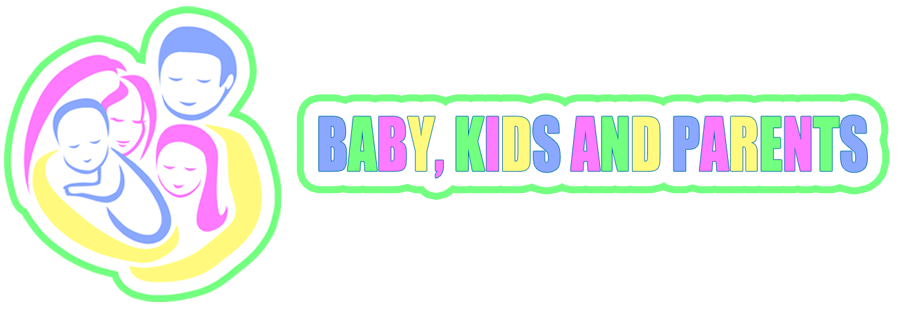.jpg)
If a pregnant woman does not care about her blood count, it can lead to anemia, and with anemia to more serious health complications. While people say that the pregnant woman who is tired and sleepy is completely normal for her condition, you should know that these symptoms are often an indicator of a lack of iron in the body, and even anemia.
Anemia is treated very successfully, and in pregnancy is common, but if you ignore the signs of anemia, can cause complications that will harm your health, unfortunately, and the health of your baby. It is best to check blood counts, especially if you previously had a tendency to loss of iron.
What is anemia?
The medical name for the lack of erythrocytes (red blood cells) is anemia, and it influences the ability to transfer oxygen. Although we breathe the oxygen with lungs, the blood carries it to all organs in the body. The main carrier of oxygen in the red blood cells is hemoglobin. After the disintegration of red blood cells, hemoglobin is precipitated, and based on the amount of hemoglobin, it is estimated possible anemia.
Anemia occurs when the bone marrow does not produce enough red blood cells, or if erythrocytes losses are excessive. In the first place the body needs iron to produce enough red blood cells, then folic acid and vitamin B12.
Symptoms of anemia in pregnancy
The first signs of anemia are usually fatigue and drowsiness, more pronounced and more frequent than usual, then mild dizziness and general weakness.
However, most women feel this way at the beginning of pregnancy, and their condition is not attributed to an illness. This is why it is imperative that regular controls of blood count are necessary. Even some of symptoms are pallor face around the lips and fingernails. Heartbeat is irregular and rapid, there are headaches, dizziness, and shortness of breath, irritability and difficulty concentrating.
Medication can help
The need for iron during pregnancy is a double and how pregnancy progresses, the need for iron are bigger. The reserves of the body are not enough, especially if the iron through food does not introduce properly. These reserves are quickly empty, and the hemoglobin level begins to fall. Without preparations that contain iron, condition is becoming increasingly difficult, because pregnancy progresses and the baby takes more iron, and the anemia in mother is getting worse.
Nutrition and anemia
In support of the fact that this condition is not naive is the fact that it can be transmitted from mother to fetus. Anemic babies are more prone to infections in the first year of life. Your iron level can keep at a normal level in a simple way: it is necessary only to take care of what you eat. Also, it would be ideal if you are planning a pregnancy, and then adjust the diet to this condition. This means the first place is for products of animal origin, and when it comes to iron mostly red meat and eggs, i.e. yolk. Next on the list are green vegetables, beets, almonds, blueberries, black chokeberry. However, in order to absorb the iron in the body, it is necessary and intake of vitamin C. Different Pharmaceutical products also can help you to make up for a faster way to the iron, but tablets and vials are not a permanent solution but it is necessary to adjust the nutrition needs of the body that are different in pregnancy.
Vegetarian diet and anemia in pregnancy
Mothers who in the diet does not include foods of animal origin are advised to take iron in the form of oral preparations, which is prescribed by doctors. Although many foods of plant origin contain iron, vitamin B12 is present only in foods of animal origin. Also, the iron that binds to plant proteins cannot be used as that which is found in meat, because is much more easily absorbed in the intestine and, more importantly, facilitates its absorption in the gut and from plant foods.
The impact of pregnancy and childbirth
Data suggest that anemia can lead to premature delivery, and on the act of delivery affects the minimum. Women during childbirth could lose up to a liter of blood and it does not affect her and her health. If a pregnant woman is anemic, this kind of tolerance does not exist. The postpartum bleeding are more common in pregnant women with anemia and blood loss anemic creates additional complications, primarily feeling of continuing weakness and dizziness, which is pretty terrible for a mother who just returned home with the baby.

